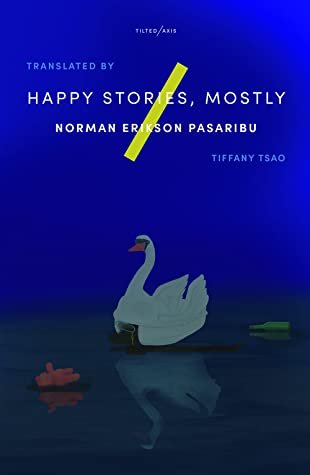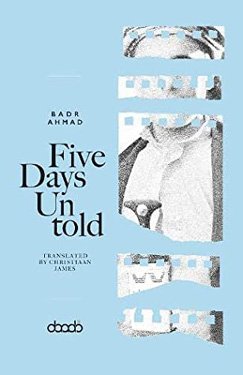It's a solemn fact of every child's life that they are incapable of truly knowing what their parents' lives were like before they were born. To the child, parents are initially only known for their roles as parents rather than individuals (whatever the quality of their parenting.) In the first part of Violaine Huisman's debut novel the narrator describes her mother's manic behaviour caused by mental illness and societal constraints. Maman could be loving to the point of clinginess towards her and her sister. But she could also be abusive, self-destructive and maddeningly unhinged. She's also beautiful, witty and charismatic. Given her volatile personality it's no wonder she became alienated from many people around her and her daughters grew to have such ambiguous feelings towards her. In an effort to build a deeper understanding of her mother Catherine and “give her back her humanity”, the narrator builds a work of fiction about her Maman's early life based on what she's been told and the (oftentimes contradictory) information about her. It's a loving project which is full of drama and compassionate insight as we come to understand a more dynamic picture of this vibrant woman's life.
It's striking how the narrator concedes this account of her mother's life is a work of imagination but that she also endeavours to be an impartial vessel to deliver this story. If it was framed differently it might not have as much of an emotional resonance as it's an account of invention and speculation. However, I found this to be a very moving novel and I think it's a balancing act which works so powerfully as a conscious act of empathy. Because it's established early on how challenging it was to grow up with Catherine as a mother, this story she creates becomes both a love letter and a gesture of forgiveness. Any child who has been a victim of parental abuse knows how difficult it is to move beyond the anger and pain felt towards parents that didn't nurture their child in the way they should have done. In this way, this novel is perhaps the antithesis of Avni Doshi's novel “Burnt Sugar” which so powerfully describes an adult child's implacable fury towards a neglectful parent. By contrast, Huisman grants the mother figure a kind of freedom by vividly describing the qualities and faults which made Catherine a fully rounded individual. It's a beautiful and worthy project which builds to a uniquely poignant conclusion.























